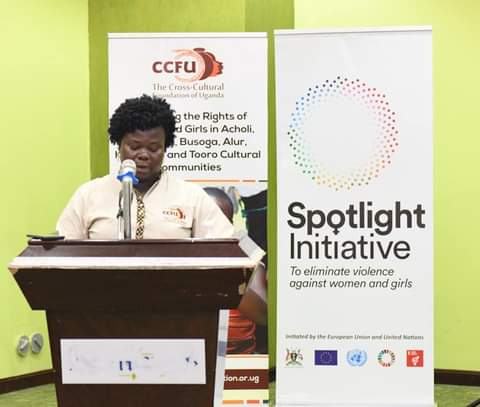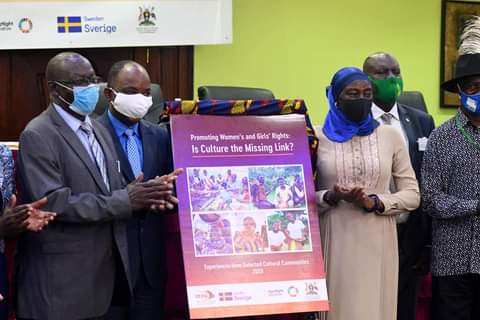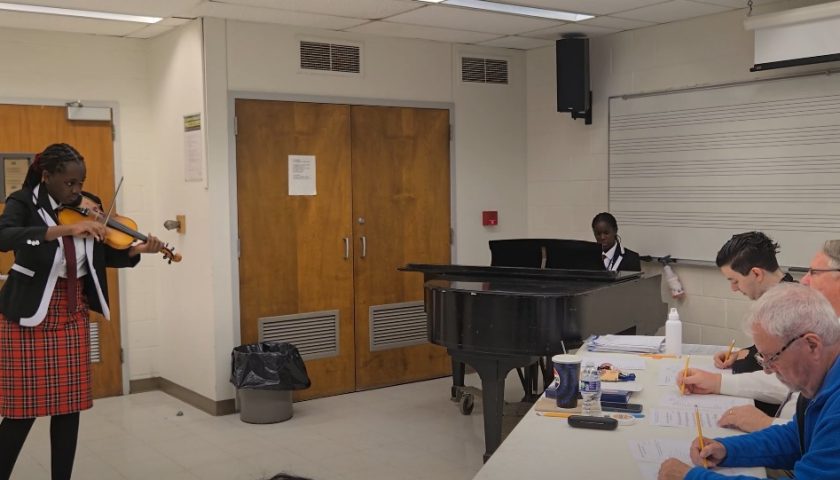The Ministry of Gender, Labor and Social Development has committed to work with Traditional or Cultural institutions to decisively fight the negative socio-cultural practices that contribute to violence against women and girls.
The commitment was made by the Minister of State for Elderly and Persons with Disabilities, Sarah Kanyike while officiating at the launch of a research report entitled; Promoting Women’s and Girls’ Rights: Is Culture the Missing Link?
The research was carried out by the Cross Cultural Foundation of Uganda (CCFU) implemented in the six communities of Alur, Buganda, Busoga, Karamoja, Tooro and Acholi, its aim was to harness the cultural resources of these communities to contribute towards ending violence against women and girls.
The Minister said that there is need for traditional or cultural institutions to be empowered further to continue promoting positive culture, make pronouncements and declarations on these and develop appropriate strategies to implement them.
“I believe that in all, we need to appreciate who we are, respect each other, then acknowledge that world over there is no perfect culture as practiced by any community, once this is done, we will be able to co-exist, contribute to socio-economic development and move Uganda to a modern and prosperous country,” Kanyike said.
While unveiling the report, CCFU Deputy Executive Director, Barbra Babwetera noted that despite the existence of local and international legislations and despite activists responsible for addressing violence against women and girls and for promoting the safeguarding of human rights, the violation of women and girls’ rights remain a serious challenge in the country.

Babwetera said that while culture has often been identified as source of unequal gender relations and practices that are oppressive to women and girls in particular, aspects of culture can also provide for women’s empowerment.
“Cultural leaders through their structures and power of influence play a significant role in shaping social norms, attitudes, beliefs and practices within their communities. They have the potential to promote favorable social norms, desirable behaviors, deconstruct gender stereotypes, provide mediation to affected individuals and households members and apply sanctions to non-conforming community members,” Babwetera said.
According to the findings, across the board, there are a number of culturally-rooted practices with attendant values and principles that inform them which play significant roles in curtailing violence against women and girls as well as promoting Sexual and Reproductive Health Rights (SRHR).
“These practices include; folklore (idioms, songs, proverbs) which promote values that discourage violence and the abuse of women’s rights,” Babwetera said.
She added that despite the abolition of the judicial function of culture leaders by the National Constitution (other than in matters concerning customary land tenure), the leaders of the different cultural communities under study still actively provide access to judicial services.




